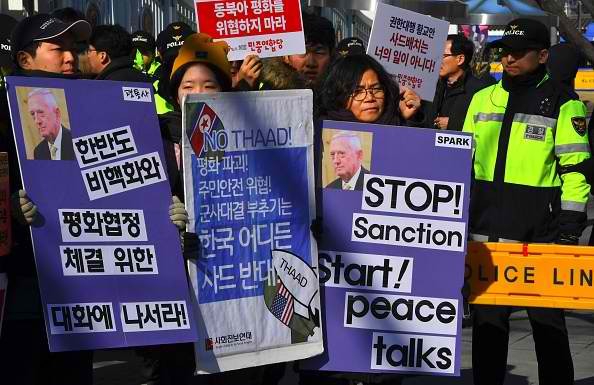Beijing is trying to quell the conflict between North and South Korea and reestablish a world order. Wang Yi, China's foreign minister, wants Pyongyang to put the break on developing their nuclear technology.
Washington, on the other hand, wants to push Seoul to launch THAAD missiles in self-defense, instead to pushing the two countries to negotiate.
Aside from the work that the Chinese government is doing with North Korea, they are also feeding the hungry in Africa, urging rebels in Myanmar to sign a peace pact, and convincing the Middle East to enter into peace negotiations.
Despite these efforts, foreign minister Wang said that China has no intention of stealing the leadership from the U.S. He did, however, criticized the U.S. for making matters worse for the Koreans.
Wang strongly urged Washington to stop joint military exercises with South Korea and urged all parties to consider a dialogue.
He said, "We are indispensable to the resolution of the nuclear issue."
"Nuclear weapons will not bring security. The use of force is no solution. Talks deserve another chance. And peace is still within our grasp," he noted.
Former Pentagon intelligence Dan Garret said that China is offering an alternative to war that is both moral and ideological.
He said that China's idea is in "sharply contrast their benevolent and more harmonious worldview with that of allegedly chaotic, destabilizing and violent free market capitalism, democracy and liberalism."
Garret said that Beijing wants "the great rejuvenation of the Chinese nation," and will be "to return China to its formal glory as the center of the world."
He added, "We don't believe some countries should lead other countries" and pointed that the United Nations should take the lead in negotiations.
The U.S. has already started sending 8 out 10 missiles to South Korea, according to the U.S. Pacific Command.



























